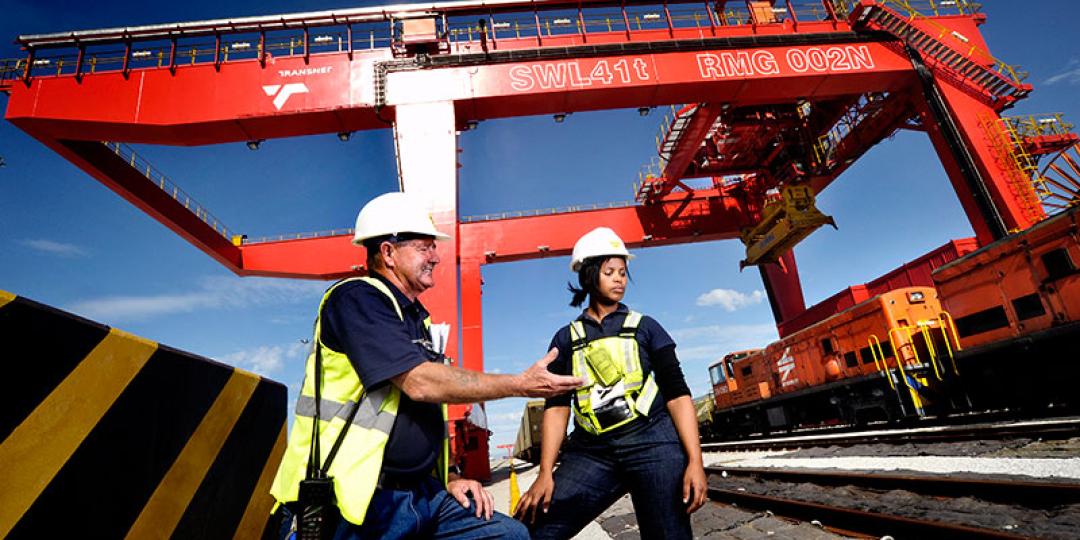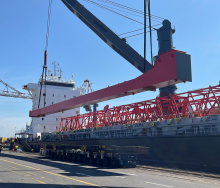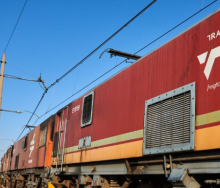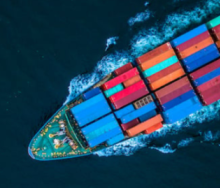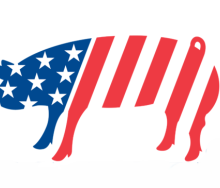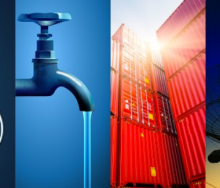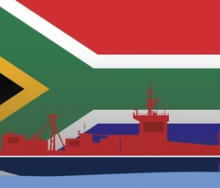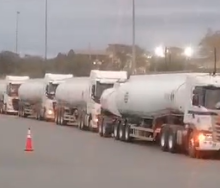There is a fundamental question that needs to be raised amidst failed wage negotiations between Transnet and unions, says a port user who agreed to speak to Freight News on condition of anonymity.
“We have come to learn that Transnet has been through a decade of gross mismanagement, leading to the state-owned entity being seemingly cash strapped (the R5 billion reported profit in Transnet latest financials was not due to operational profit but a re-evaluation of the asset base),” he says.
He points out that the financial performance of the organisation is lacking due to a general downturn in cargo as well as non-operational sections in rail and terminals due to failure – either maintenance-related or due to flood damage, fire damage or theft and sabotage.
“Coupled with this, the general operational ability of the organisation’s working sections has been compromised since there has been underinvestment and poor quality fleet maintenance across the board. This situation has now seemingly paralysed the organisation, with little to no room to steer the ship on a new course.”
With wage negotiations having reached a stalemate – and since Transnet doesn’t have the cash in hand to meet the union’s demands - in his view the only way out is for Transnet to secure huge capital loans and increase the rates substantially across all divisions. “Either way, shippers are going to pay!”
An important question that needs to be raised, he adds, is where the likes of the Department of Public Enterprises (where Transnet resides directly), the Department of Transport, the Department of Finances, the Ports Regulator, the prominent unions, and even people that work at Transnet have been for the past decade.
“Surely they could see the disaster brewing in front of them. None of these organisations rang alarm bells, or none that I’m aware of.”
He believes unions should have been sensitised to Transnet’s woes on the back of the recent Voluntary Severance Package (VSP). “The VSP was possibly the tipping point for Transnet; the unions should have sensed what is at play and come out harshly, alerting members and the public to the realities facing Transnet. Many unions have sat back watching what’s going on in government with all the looting (referring to State Capture), now leaving government and state companies in a terrible financial position.
“Where did they think government - and state companies in particular - were going to find the money to meet the present wage demands? Unions should have been at the forefront of preventing what has happened within government to protect their members’ interests.
“So, to the unions and people working in Transnet, take some sense of ownership and think deeply about what you are doing.”
